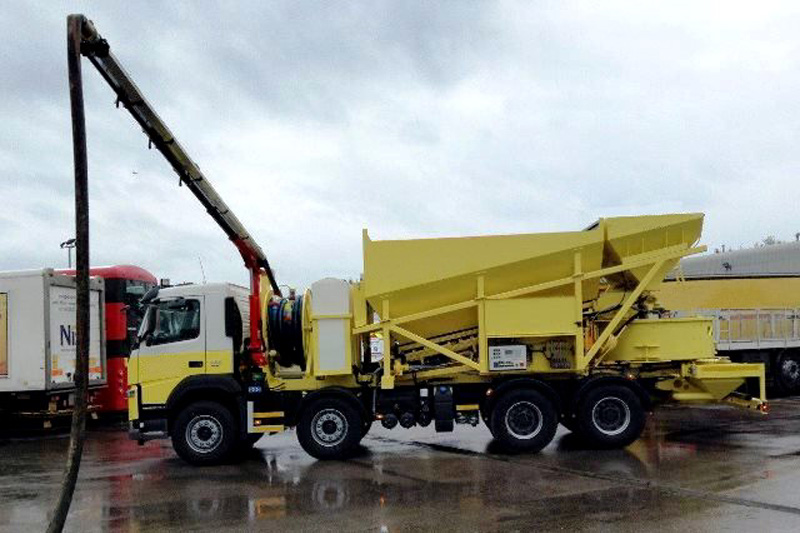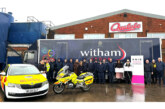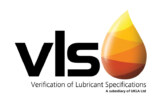
On May 20th, 2018 the Department for Transport (DfT) revised the rules regarding vehicle testing exemptions. Consequently, the DfT estimates around 29,500 HGVs may be required to join the existing goods vehicle testing regime, whereby certain vehicles must be tested by DVSA personnel at an Authorised Testing Facility (ATF).
The largest groups of vehicles affected are breakdown vehicles, road construction vehicles and engineering plant, and many of these are likely to be subject to the operator licensing regime, which provides a further safeguard for their operational use. Vehicles based on an HGV chassis will be most affected by the rule changes.
This means certain categories of vehicles will fall under HGV Operator licensing rules and must comply with, at the very least, domestic regulations (recording of working hours) and ideally with EU drivers’ hours to satisfy compliance rules and to stay within the law. There is a phased implementation of the new rules between 20th May 2018 and 20th May 2019 depending on the vehicle category.
For example, the DfT’s latest announcements mean that from September 1st, 2018, volumetric concrete mixer operators (mobile concrete batching plants) will require operator licences and volumetric drivers will have to work to EU drivers’ hours and working time (WTD) rules. These vehicles will also be subject to HGV testing.
In more detail and following their analysis of consultation responses, the DfT has published the outcome – categories affected include the following:
- Mobile cranes
- Breakdown vehicles
- Motor tractors previously exempt under the Road Traffic Act 1988
- Engineering plant and movable plant or equipment, which is a motor vehicle or trailer
- Trailers, which are drying or mixing plant, that produce asphalt, bituminous or tarmacadam
- Road construction vehicles (excl road rollers and other specialised equipment not based on an HGV chassis)
- Electrically propelled motor vehicles first registered on or after 1 March 2015
Any operator affected by the changes can now turn to TruTac, says the company, for fast and accurate guidance regarding how to determine whether a duty is domestic or EU and how to manage Working Time Directive rules (including for vehicles not requiring tachographs) and above all, how to stay compliant.








